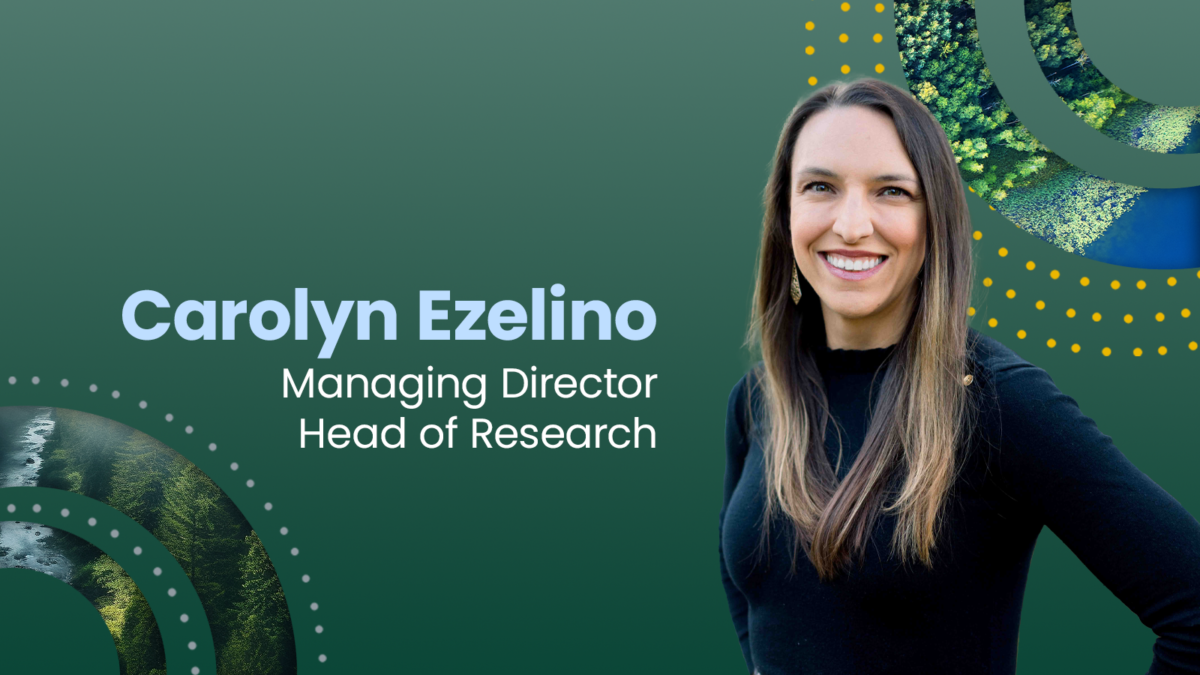Author Jim Finkelstein says his son is worried about the future: and for good reason. The 21-year-old college graduate and member of the Millennial generation — those born between 1978 and 2000 — recently came across research concluding that, by 2050, global warming will have wrought calamitous changes on the planet. “We need to do something about it now,” he told his dad over dinner. The message resonated for Finkelstein, president and CEO of FutureSense Inc., who is himself a Baby Boomer and author of the book Fuse: Making Sense of the New Cogenerational Workplace. He’s written and lectured on how to bridge the divide between Boomers and the Millennial generation in the workplace, but for him a key issue is their approach to doing the right thing, not necessarily for the greater good of mankind, but for their own “common sense of survival.”
Writers like Finkelstein have spent a lot of time helping people understand the key differences between Millennials and their Baby Boomer parents. This new generation is grappling with an incredibly different world, as they graduate from college, move into the workforce and begin to accumulate savings and assets. But perhaps the most critical differentiator between these two generations rests on their attitude toward money and investment. The concerns and needs of Millennials are vastly different than those of Boomers. They’re more focused on sustainability, dealing with the pressing issues facing the planet (including climate change), and ensuring the money they invest makes a meaningful impact on the world. Experts say the asset management industry must quickly come to terms with this to effectively meet Millennials’ needs.
Raul Pomares, senior managing director of Sonen Capital LLC in San Francisco, is already responding to the evolving needs of Millennials. He has been working with family offices since the 1990s and says the kinds of things clients are asking for has changed drastically during that time, particularly among younger people.
“I had become accustomed to dealing with families holistically, including all the generations in discussions around wealth planning. But more clients started asking how we could help them match their own values with the kinds of investments that were being made,” he explains.
While he had previously used negative screens around specific kinds of investments, like tobacco or gambling, it was clear his clients wanted more.
Today, Pomares’ firm is dedicated to seeking financial returns tied to creating a lasting social impact, something which is increasingly appealing to new and younger clients who are part of a generation that no longer puts a wall between philanthropy and return-seeking in their investments. “They realise you don’t have to sacrifice returns to make an impact,” he says. “It can be done simply by bringing the same rigour to impact investing as investors have always brought to other investments.”
Beyond Negative Screens
Dan Apfel agrees Millennials are pushing the investment industry to make a positive impact on the world that goes beyond using negative screens. Apfel is executive director of the Responsible Endowments Coalition, an organisation that supports students and other university community members in engaging with endowments in their investment practices. “People in the Millennial generation have a mindset that goes beyond not investing in things like gambling or weapons,” he explains. There is a real desire to support a new and emerging set of entrepreneurs creating innovative solutions to existing problems.
“Millennials want to create positive change, not just stop investing in bad things,” he says. “They want the ability to invest in solutions oriented alternatives that will improve the world. For example, they’re not just saying, ‘I don’t want to use plastic bags’. They want to create an alternative to them. This is what is driving their investment approach.”
Perhaps the biggest differentiator between Millennials and their Boomer parents, however, is the fundamentally different state of the world today. It extends beyond climate change: this generation faces tremendous economic and social challenges as well. Millennials are coming into adulthood loaded with student debt, unable to find a well-paying job and, as a result, unable to find the money to save. David Norman, founder of TCF Investment in the UK, believes difficult economic conditions are creating a big gap between the haves and have-nots among Millennials, with some benefiting from the wealth of their Boomer parents and others going it alone. “In the UK, for example, property has always been the great wealth creator,” Norman explains. “But housing has become extremely expensive and, as people live longer, they’ll be selling their house to finance their retirement and care. In many cases, Boomers won’t be leaving the family home to the next generation.”
Norman also points out that Boomers have represented a demographic sweet spot, with many things working in their favour: markets were buoyant, returns were high and pension schemes were available, he says. Not so for Millennials, especially those in the UK who face an uphill battle to accumulate assets and gain a foothold in a challenging economy. The UK has been responding with innovative savings schemes to help young people put money aside more easily. The National Employment Savings Trust, for example, is designed for younger Britons who tend to move from job to job in a way the previous generation never did. It allows savers to contribute to the same retirement pot even if they change employers (no matter how big or small) and if they shift to self-employment. Norman believes this is a positive move to help a generation that is under tremendous financial pressure.
Finkelstein believes the asset management industry will need to change the kinds of services and products it offers to meet the needs of this generation. While Boomers have focused on investing to get the highest rate of return, Millennials are focused on a completely different set of values, where impact trumps returns. “It’s not about investing for the long term anymore. It’s about making money work for society,” Finkelstein says. “It’s a whole different pitch.” Young investors will be looking to invest in companies that are socially conscious, an important point given that research done by the Social Welfare Research Institute at Boston College shows a record USD 41 trillion is set to change hands in the US as the Boomer generation passes on their legacy to their kids. Millennials who inherit some of that wealth will probably do different things with it than their parents did. “Boomers have always saved for retirement, putting off things like travel until they finished working,” Finkelstein explains. “Millennials want it now, not because they’re entitled but because, for them, life is about experiences.” Hence, a Millennial who inherits money might be more inclined to take a sabbatical from work and travel instead of just squirreling it away in investments.
All this means Millennials are likely to have a profound impact on where the investment industry is headed. At the most basic level, they are the first generation to have grown up online with access to a massive pool of information their parents never had. Jack Bouroudjian, CEO of Chicago-based Index Futures Group, says that access to information will put pressure on managers and advisors to offer better value: “Who’s going to pay someone a 1% fee when they think they have all the same information at their fingertips? The industry is going to have to offer ideas and real direction rather than just asset allocation and stock picking.”
Pomares believes Millennials are likely to start investing with an impact lens sooner than most realise: “They gravitate towards environmental and social justice issues as well as viable investment solutions to challenges that were overlooked by previous generations. We all live in this world and we can’t ignore what’s happening elsewhere — it affects us all. The investment industry will need to evolve and recognise that reality.”
The article posted here was one of four included in the full publication.
Download the Perspectives: Future of Finance PDF here.


